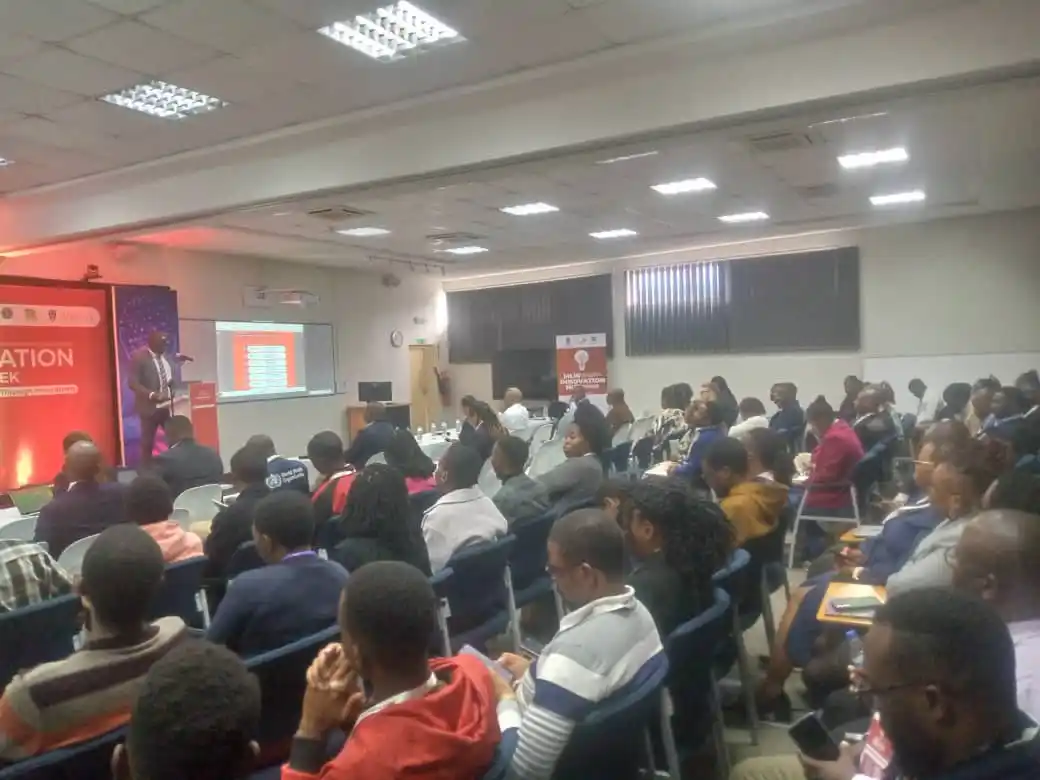
In a remarkable leap, Malawi has jumped from a 36% score in 2020 to an impressive 80% in the 5th edition of the Global Cybersecurity Index (GCI) 2024, released by the International Telecommunication Union (ITU).
The GCI report evaluates countries’ dedication to cybersecurity across five key pillars: Legal, Technical, Organizational, Capacity Development, and Cooperation.
Authorities at the Malawi Communications Regulatory Authority (MACRA) have described the score as a signal of a strong commitment to enhancing the country’s cybersecurity framework.
In an interview with MIJ Online, Director General Daud Suleman said the achievement indicates progress in developing policies, legal frameworks, and technical measures to protect the country’s digital infrastructure and citizens from cyber threats.
“It reflects the country’s commitment to addressing cybersecurity concerns and enhancing its resilience against cyber threats through the establishment of the National Computer Emergency Team (Malawi CERT). Overall, this score suggests that Malawi is intensifying its efforts to create a safer online environment and is likely to continue investing in cybersecurity initiatives,” added Suleman.

However, according to the report, the country has performed poorly on capacity development, with a rating of 12.26%, and highly on legal measures, where it has scored 18.16%.
Suleman attributed the lower score to, among others, insufficient financial resources limiting awareness programs, lack of cybersecurity curriculums in primary and secondary with less cybersecurity training programs in universities in malawi , and the implementation of cybersecurity initiatives targeting different stakeholders.
The DG added that “a shortage of trained professionals in cybersecurity can impede the ability to develop and implement effective strategies. Disjointed efforts among various stakeholders, including government, private sector, and academia, can lead to inefficiencies and missed opportunities for collaboration.”
Meanwhile, Suleman noted that for the country to do well on capacity development, there was a need to include cybersecurity curricula in the country’s education systems.
While acknowledging that Malawians are becoming aware of cybersecurity issues, Suleman said there is a need for the citizenry to understand specific risks and the importance of cybersecurity measures.
“Many citizens recognize the growing threats posed by cybercrime, especially as internet usage expands.
However, there is often a lack of understanding regarding the specific risks and the importance of cybersecurity measures,” said Suleman.
He added that “cyber threats can undermine national security, making it vital to safeguard critical infrastructure. Enhancing cybersecurity can build public confidence in digital services, encouraging more people to engage with online platforms.”
To improve the country’s cybersecurity standing in the upcoming years, Suleman suggests that specific actions need to be taken, including developing and implementing comprehensive cybersecurity laws and regulations that address data protection, cybercrime, and privacy.
“Invest in training and awareness programs for government officials, law enforcement, and the private sector to enhance their cybersecurity skills and knowledge,” emphasized Suleman.
Malawi’s achievement sets a promising precedent, with aspirations to reach a minimum 95% score and attain “Role Model” status within the next 3-4 years.
Globally, the average country score has risen to 65.7/100, with most nations excelling in the legal pillar.
The ITU’s GCI initiative aims to guide countries in identifying improvement areas and fostering collaboration to build capacity and capabilities.








0 Comments